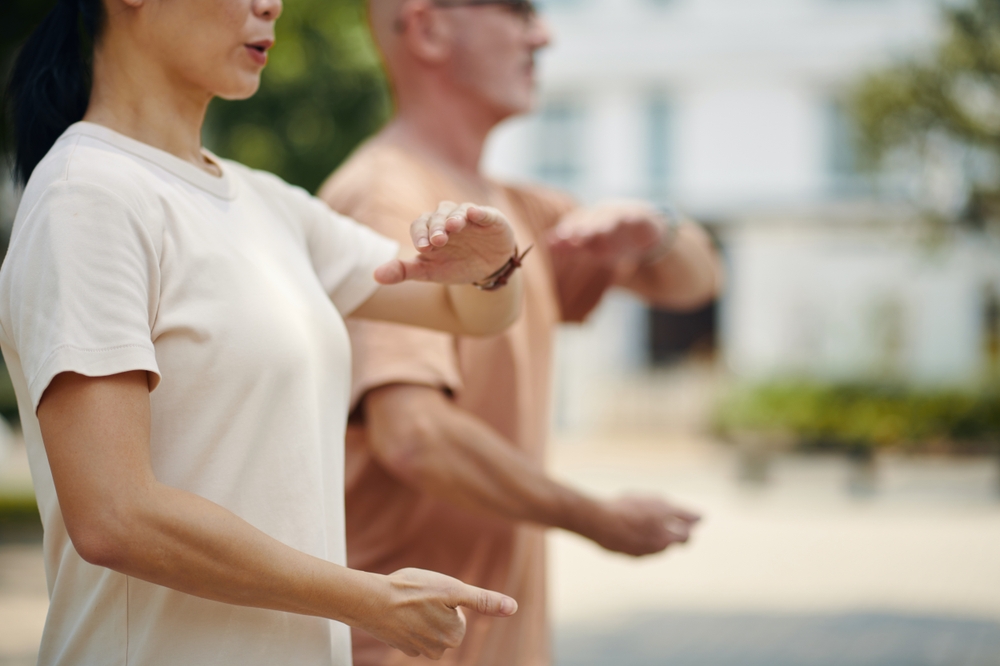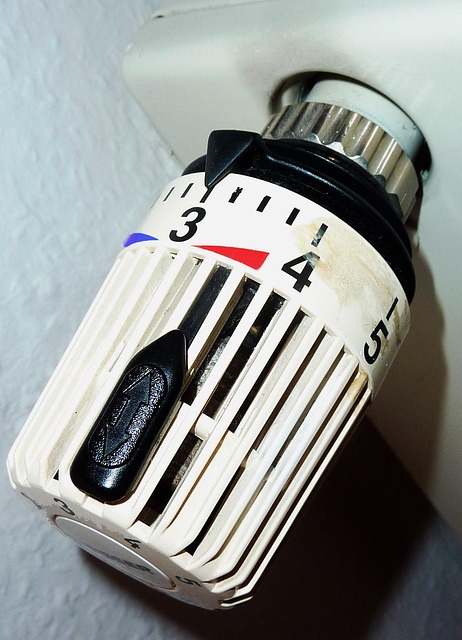Rejuvenate Health Retreats: Features And Experiences
Health retreats offer structured environments designed to promote physical, mental, and emotional well-being through comprehensive programs that combine therapeutic activities, mindfulness practices, and professional guidance. These immersive experiences provide participants with tools and strategies to address stress, improve mental clarity, and develop sustainable wellness habits in supportive, often scenic settings away from daily pressures.

Modern life’s constant demands can leave individuals feeling depleted, stressed, and disconnected from their well-being. Health retreats have emerged as structured sanctuaries where people can step away from routine pressures and engage in focused rejuvenation practices. These specialized programs combine evidence-based therapeutic approaches with holistic wellness activities, creating comprehensive experiences designed to restore mental, physical, and emotional balance.
How Does a Health Retreat Help Rejuvenation?
Health retreats facilitate rejuvenation through structured disconnection from daily stressors and immersion in therapeutic environments. Participants engage in guided meditation sessions, yoga practices, and mindfulness exercises that activate the body’s natural relaxation response. Professional facilitators lead workshops on stress management techniques, helping individuals identify triggers and develop coping strategies. The retreat setting removes common distractions like work emails, social media, and household responsibilities, allowing the nervous system to reset and mental clarity to emerge.
Nutritional components play a crucial role in the rejuvenation process. Many retreats provide carefully planned meals emphasizing whole foods, anti-inflammatory ingredients, and proper hydration. This dietary approach supports physical detoxification while stabilizing energy levels and mood. Sleep quality often improves dramatically in retreat environments due to reduced screen time, structured schedules, and relaxation practices that prepare the body for restorative rest.
Benefits of a Health Retreat
Participants frequently report significant improvements in stress levels, sleep quality, and overall mental clarity following retreat experiences. The structured nature of these programs helps individuals establish healthy routines that can be maintained after returning home. Group settings provide peer support and shared learning experiences, reducing feelings of isolation while building community connections around wellness goals.
Physical benefits include improved cardiovascular health through movement practices, enhanced flexibility from yoga sessions, and better digestion from mindful eating approaches. Mental health improvements often manifest as reduced anxiety, increased emotional regulation, and greater self-awareness. Many participants develop new perspectives on work-life balance and personal priorities, leading to lasting lifestyle changes that support ongoing well-being.
The immersive nature of retreats allows for deep focus on personal growth without external interruptions. Professional guidance ensures that activities are appropriate for individual needs and fitness levels, while structured programming prevents overwhelm that might occur when attempting similar practices independently.
Choosing the Right Retreat Experience
Selecting an appropriate health retreat requires careful consideration of personal goals, preferred activities, and comfort levels with different therapeutic approaches. Some retreats focus primarily on meditation and mindfulness, while others emphasize physical activities like hiking, swimming, or fitness classes. Understanding your primary objectives—whether stress reduction, physical fitness, emotional healing, or spiritual growth—helps narrow suitable options.
Location preferences significantly impact the retreat experience. Mountain settings offer hiking opportunities and fresh air, while coastal locations provide ocean activities and negative ion exposure that can boost mood. Urban retreats might offer convenient access but fewer natural elements, while remote locations provide deeper disconnection from daily life but may feel isolating for some participants.
Program duration varies from weekend intensives to month-long immersions. Shorter programs work well for busy schedules but may provide limited lasting impact, while longer retreats allow for deeper transformation but require significant time commitments. Consider your availability, budget constraints, and readiness for intensive personal work when evaluating duration options.
| Retreat Provider | Program Focus | Duration Options | Cost Estimation |
|---|---|---|---|
| Canyon Ranch | Wellness & Fitness | 3-7 days | $3,000-$8,000 |
| Miraval Resort | Mindfulness & Spa | 2-5 days | $2,500-$6,000 |
| Omega Institute | Holistic Learning | 2-7 days | $800-$2,500 |
| Kripalu Center | Yoga & Meditation | 2-30 days | $600-$4,000 |
| Red Mountain Resort | Adventure Wellness | 3-7 days | $1,800-$4,500 |
Prices, rates, or cost estimates mentioned in this article are based on the latest available information but may change over time. Independent research is advised before making financial decisions.
Staff qualifications represent another crucial selection factor. Look for retreats with licensed therapists, certified yoga instructors, registered dietitians, or other credentialed professionals. Reviews from previous participants provide insights into program quality, staff competence, and overall satisfaction levels. Some retreats specialize in specific populations, such as executives, women, or individuals dealing with particular health challenges.
Accommodation styles range from shared dormitory rooms to private luxury suites. Consider your comfort needs, budget limitations, and preferences for social interaction versus privacy. Meal plans should align with dietary restrictions or preferences, while activity levels should match your current fitness abilities and interests.
Health retreats offer structured pathways to rejuvenation through comprehensive programs that address multiple aspects of well-being. By carefully evaluating personal goals, preferred approaches, and practical considerations, individuals can select retreat experiences that provide meaningful restoration and lasting tools for maintaining wellness in daily life. The investment in retreat participation often yields dividends in improved health, clarity, and life satisfaction that extend far beyond the program duration.
This article is for informational purposes only and should not be considered medical advice. Please consult a qualified healthcare professional for personalized guidance and treatment.




